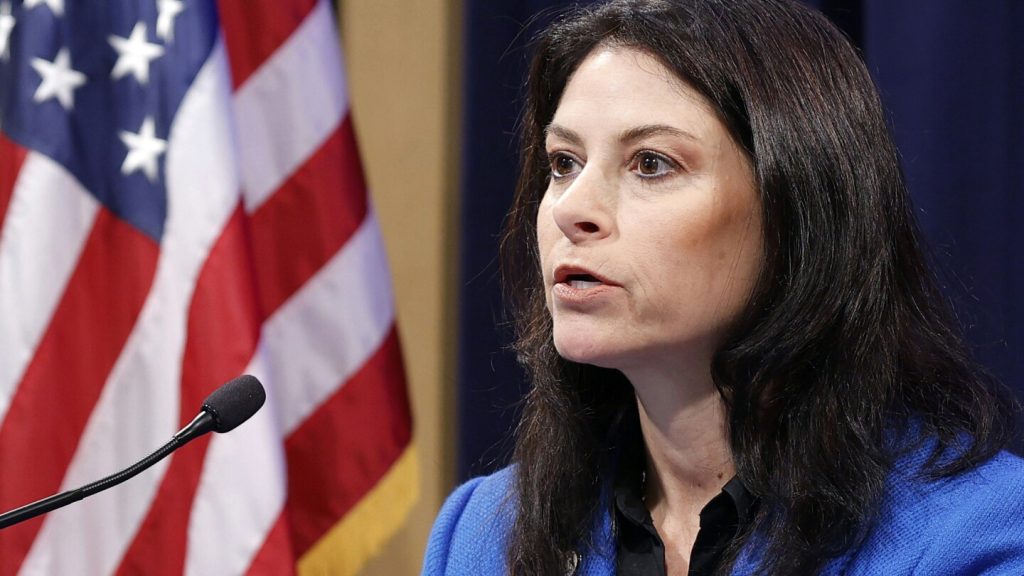Michigan Attorney General Dana Nessel announced felony charges against four people and three part-time election workers in St. Clair Shores for intentionally voting twice in the summer primary election. Nessel described the incident as “shocking and simply unheard of” and emphasized the importance of upholding election laws to prevent a recurrence in the upcoming November election in a crucial state for presidential candidates Donald Trump and Kamala Harris. The charges stemmed from four individuals casting absentee ballots and then attempting to vote in-person on Election Day, which is illegal according to state law.
Although the additional votes did not impact the election results, Nessel highlighted the significance of maintaining the integrity of the voting process. The four voters were charged with voting twice, while the three election workers faced charges of falsifying election records. Nessel stated that the motives of the seven individuals were unknown, and there was no evidence to suggest that they had collaborated in committing the offense. The state attorney general’s office intervened in the case after the Republican local prosecutor in Macomb County declined to file charges, citing a lack of malicious or criminal intent.
Nessel criticized the local prosecutor’s decision and suggested that it may have been influenced by a lack of expertise in election procedures. She emphasized the importance of election staff, volunteers, and assistant clerks following the laws of the state to prevent similar incidents from occurring in the future. Despite the charges filed against the individuals involved in the double voting scheme, Nessel declined to speculate on their motives or potential coordination. The incident raised concerns about the potential vulnerabilities in the election system, particularly with the upcoming high-turnout general election.
With Michigan being a key battleground state in the upcoming presidential election, the incident in St. Clair Shores underscored the need for vigilance in safeguarding the integrity of the electoral process. Nessel urged election workers to adhere to strict procedures and guidelines to prevent any lapses that could undermine public confidence in the election results. The investigation into the double voting case highlighted the importance of law enforcement agencies and prosecutors working together to ensure that individuals who violate election laws are held accountable, regardless of their political affiliations. As the November election approaches, efforts to prevent voter fraud and maintain transparency in the electoral process have become a top priority for authorities in Michigan.


